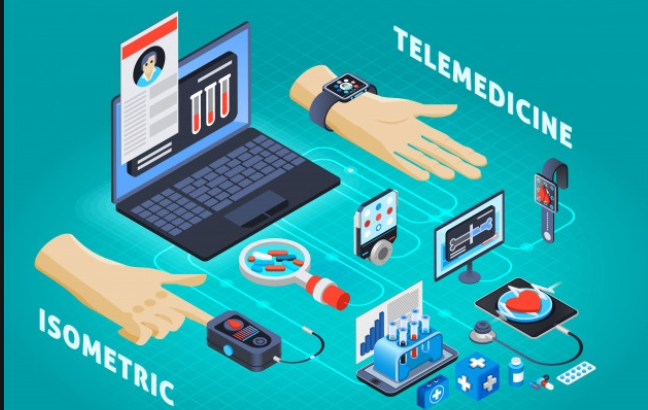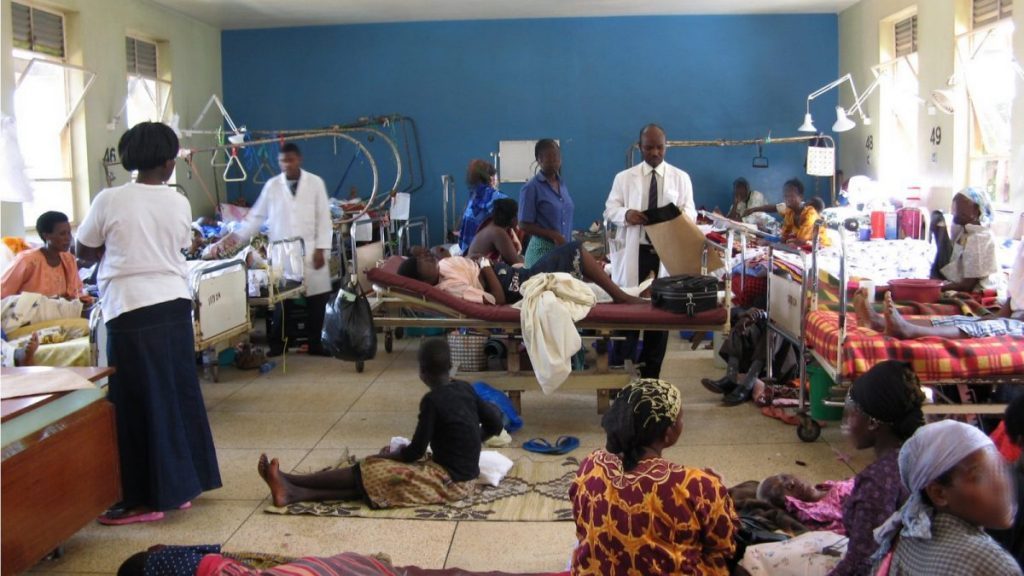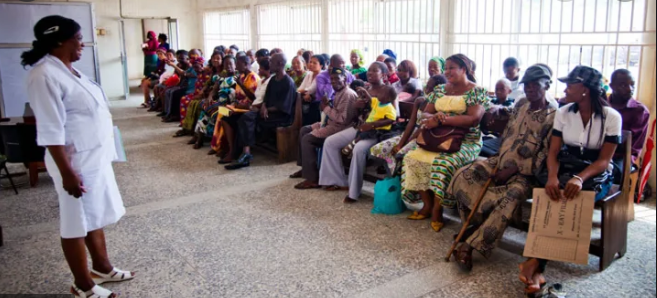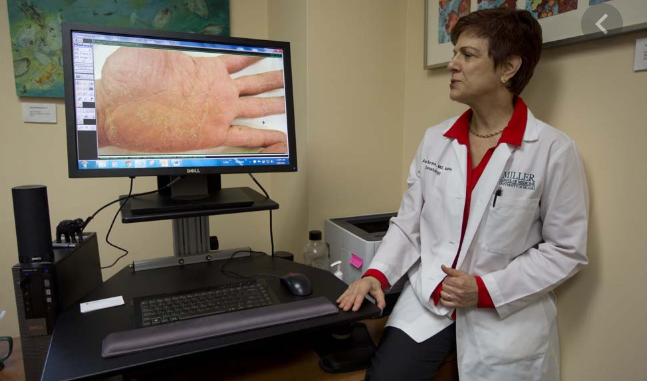With a population of over 190 million, providing access to doctors for even a fraction of Nigeria’s population with the available medical infrastructure is very difficult.


This is especially troubling at a time when the world is battling the coronavirus pandemic. However, Telemedicine could prove a lifeline, as it could fill the gap between Nigerians and the best medical practitioners.
Telemedicine isn’t new to Nigeria
Nigeria isn’t new to telemedicine. Its growing population and abject lack of medical infrastructure have created a high demand for healthcare services and a huge market for telemedicine to thrive in.
Telemedicine leverages mediums such as video consultations and chats to deliver good healthcare services. There are several foreign telemedicine platforms like SeekMed as well as local telemedicine startups like Kangpe and Hudibia.


Generally in Africa, the telemedicine market has grown considerably over the years. Its market value is expected to grow from $18 billion recorded in 2015 to about $41 billion by 2021.
Filling the healthcare gap caused by poor infrastructure
The rate of health and wellbeing in sub-Sharan African is only 4.39 out of 10. The fact that Nigeria holds a significant amount of the population in the region shows that the country has a huge health gap.
One of the major causes of this is poor medical infrastructure available in the country. Even though the challenge has been worked on to a degree, patients are hardly able to access proper healthcare and the available structures are still not up to world-class standards.


Considering the cost of getting healthcare and the evident lack of improved infrastructure, a significant patient population has almost no means of accessing quality diagnosis and treatment. It is so deplorable that rich citizens and politicians often opt to travel to foreign countries to get medical care.
However, Telemedicine provides an opportunity to fill the healthcare gap by providing access to qualified medical advice to those residing in even the most remote part of the country.
Shortage of doctors
Also, studies have shown that there is a considerable shortage of doctors in Africa. Of the 54 countries in the continent, 31 have less than 10 doctors per 100,000 people compared to the 240 doctors for every 100,000 people in Germany and 370 to every 100,000 people in Italy.
Telemedicine provides a solution to the obvious shortage of doctors as the platform not only allows access to doctors around the country but also from anywhere in the world.
Job for young doctors
Although studies show that there are fewer doctors in the region than other regions in the world, it’s surprising that there are young doctors without jobs.
This disparity is probably due to the fact that there are not enough hospitals private or public to employ all the young doctors. Also, since these doctors are fresh graduates most of them don’t have funding to open their own clinics.


This leads some of them seeking greener pastures abroad and the few left are often discouraged as strikes constantly plague public hospitals due to one form of struggle or the other with the government.
Telemedicine could provide a flexible source of income for qualified young doctors who can’t find jobs, can’t afford to build their own hospitals or are simply fed up with government hospitals.
Faster access to doctors
For an average Nigerian, the roadside drugstores are their first choice for healthcare. This is followed by public hospitals. This is because most private hospitals are too costly and usually don’t have the required equipment to test or treat an illness.
However, getting to see a physician in an average public hospital takes between 30 minutes to 2 hours depending on the crowd. This is not surprising considering the ratio between the population to the number of hospitals in the country.


Telemedicine cuts down the time it takes to see qualified doctors to minutes. The technology basically brings the doctor to the comfort of the home. However, not many Nigerian use it.
Challenges to the adoption of telemedicine in Nigeria
With internet penetration still increasing across Nigeria, connecting with professional doctors is constrained by a major challenge.
Internet penetration currently stands at about 47.1 %, meaning that more than half of the country doesn’t even have the internet to use telemedicine. The total number of internet users in Nigeria is about 122 million.


Lack of education on telemedicine
Apart from the gap in internet connectivity, those that are connected to the web have little or no education about telemedicine. Many Nigerians still live the mentality that ‘he’s only a doctor when I see him in the hospital.’
The lack of education on the immense benefits Telemedicine could have in the country is why its services are not yet popular.


Increase in advertisement and trusted hospitals like University Teaching Hospital and Eko Hospital serving as ambassadors for the technology will help build trust in the technology among Nigeria.
Telemarketing is subscriber-based
This isn’t exactly a challenge but it has a major effect on first-time users. When Nigerians come across telemedicine platforms, many become sceptical when it comes to paying. Apart from the fact that Nigerians love free things, searching for a qualified and reliable health consultant online is not as easy as it sounds as many internet searches can be misleading.
However, the subscription model can be more affordable compared to the consultation fees paid to see doctors in hospitals after waiting for hours.
Summary
In Nigeria and generally in Africa the potential benefits of Telemedicine rests on its ability to provide health care over a distance using information and communication technology (ICT). This could be a great advantage, especially for individuals living in geographically challenged areas.
Although Nigeria is still in the embracing stages of this service, the current global pandemic could very much require telemedical intervention. Telemedicine can be an effective way of deciding who needs to be tested for Covid-19 virus.
However, physical doctors are still needed because there’s a limit to how far remote doctors can go in treating illnesses.






